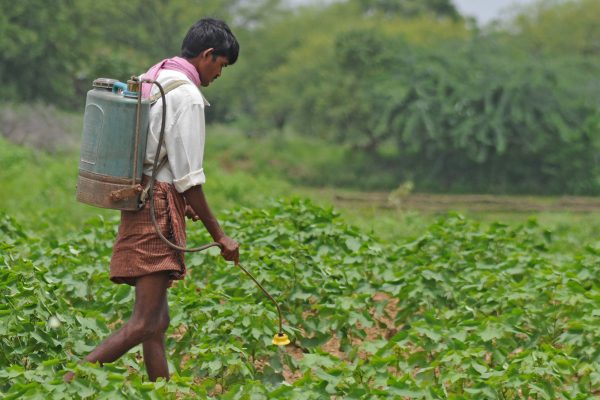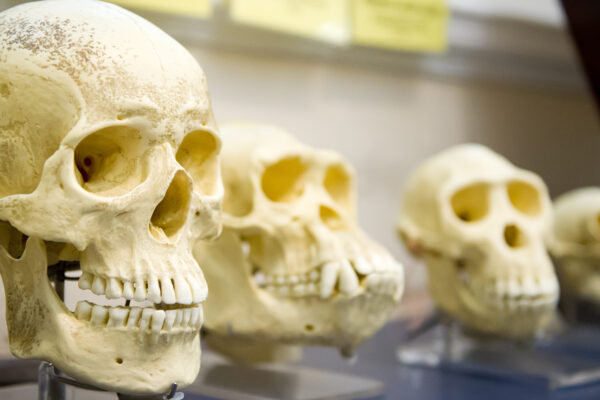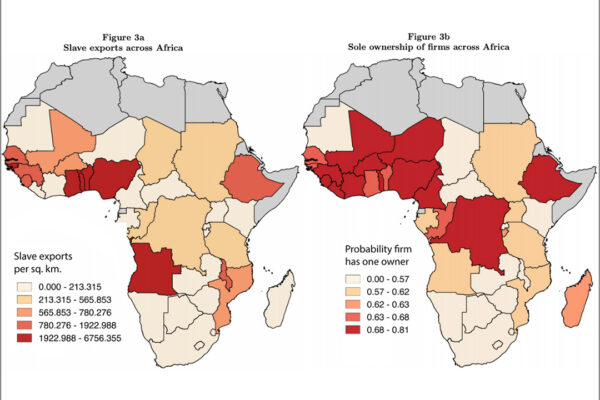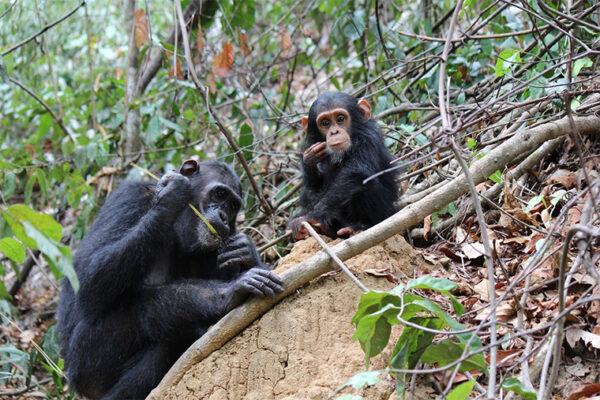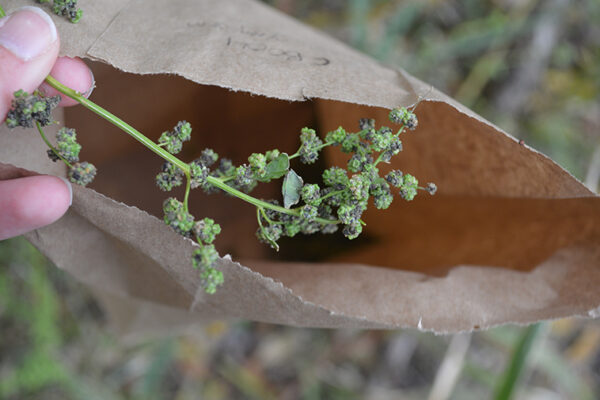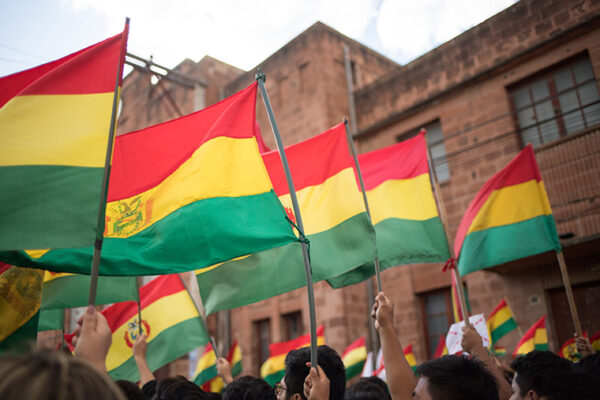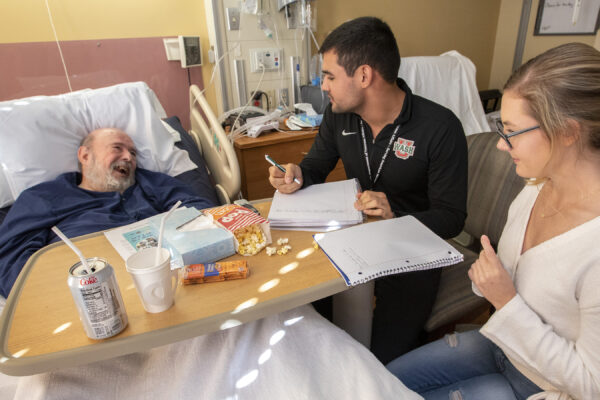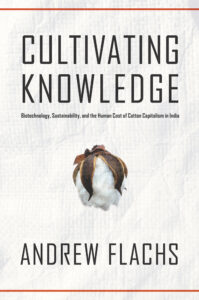Long-term analysis shows GM cotton no match for insects in India
Genetically modified Bt cotton is the most widely planted cotton crop in India by acreage, and it is hugely controversial. Supporters long touted increased yields and reduced pesticides to justify its pickup. But that argument does not hold up under the first long-term study of Bt cotton impacts in India. The analysis is co-authored by a Washington University in St. Louis anthropologist in the journal Nature Plants.
No clear path for Golden Rice to reach consumers
Heralded as a genetically modified crop with the potential to save millions of lives, Golden Rice has just been approved as safe for human and animal consumption by regulators in the Philippines. But a new study by Glenn Davis Stone, professor of sociocultural anthropology and environmental studies in Arts & Sciences, finds that most families affected by Vitamin A deficiency can’t grow Golden Rice themselves, and most commercial farmers won’t grow it either.
Green in tooth and claw
Hard plant foods like seeds and nuts may have made up a larger part of early human ancestors’ diet than currently presumed, according to a new experimental study of modern tooth enamel from anthropologists in Arts & Sciences.
Research finds slave trade’s effect on firm ownership persists today
While closely held ownership isn’t necessarily bad, research co-authored by a faculty member at Washington University in St. Louis’ Olin Business School suggests some African firms may miss 21st century growth opportunities without the ability to raise capital through shared ownership.
Chimpanzees more likely to share tools, teach skills when task is complex
New Arts & Sciences research finds that chimpanzees that use a multi-step process and complex tools to gather termites are more likely to share tools with novices. The study helps illuminate chimpanzees’ capacity for prosocial — or helping — behavior, a quality that has been recognized for its potential role in the evolution of human cultural abilities.
‘Lost crops’ could have fed as many as maize
For thousands of years, goosefoot and knotweed were grown as crops, possibly feeding as many indigenous people of North America as corn. But the domesticated forms of these lost crops became lost over the years, and now a Washington University in St. Louis archaeologist is trying to figure out why — and recreate them.
Famished
Eating Disorders and Failed Care in America
When Rebecca Lester was eleven years old — and again when she was eighteen — she almost died from anorexia nervosa. Now both a tenured professor in anthropology and a licensed social worker, she turns her ethnographic and clinical gaze to the world of eating disorders — their history, diagnosis, lived realities, treatment and place […]
WashU Expert: Political chaos in Bolivia is a ‘coup’
In Bolivia, a tangled election mess seems to have reaffirmed the popularity of leader Evo Morales. A Washington University in St. Louis faculty member says the country has propped up a new leader in what amounts to a military coup.
Connecting veterans to personalized care
Undergraduates in the Medicine and Society program in Arts & Sciences are helping St. Louis veterans create a version of their life story to be included in their official medical file. The innovative program is taking off around the nation.
Cultivating Knowledge
Biotechnology, Sustainability, and the Human Cost of Cotton Capitalism in India
In Cultivating Knowledge, anthropologist Andrew Flachs shows how rural farmers come to plant genetically modified or certified-organic cotton, sometimes during moments of agrarian crisis.
Older Stories
